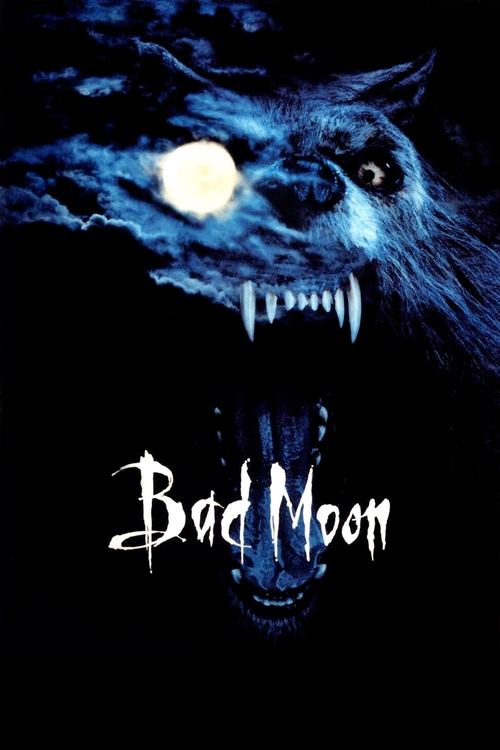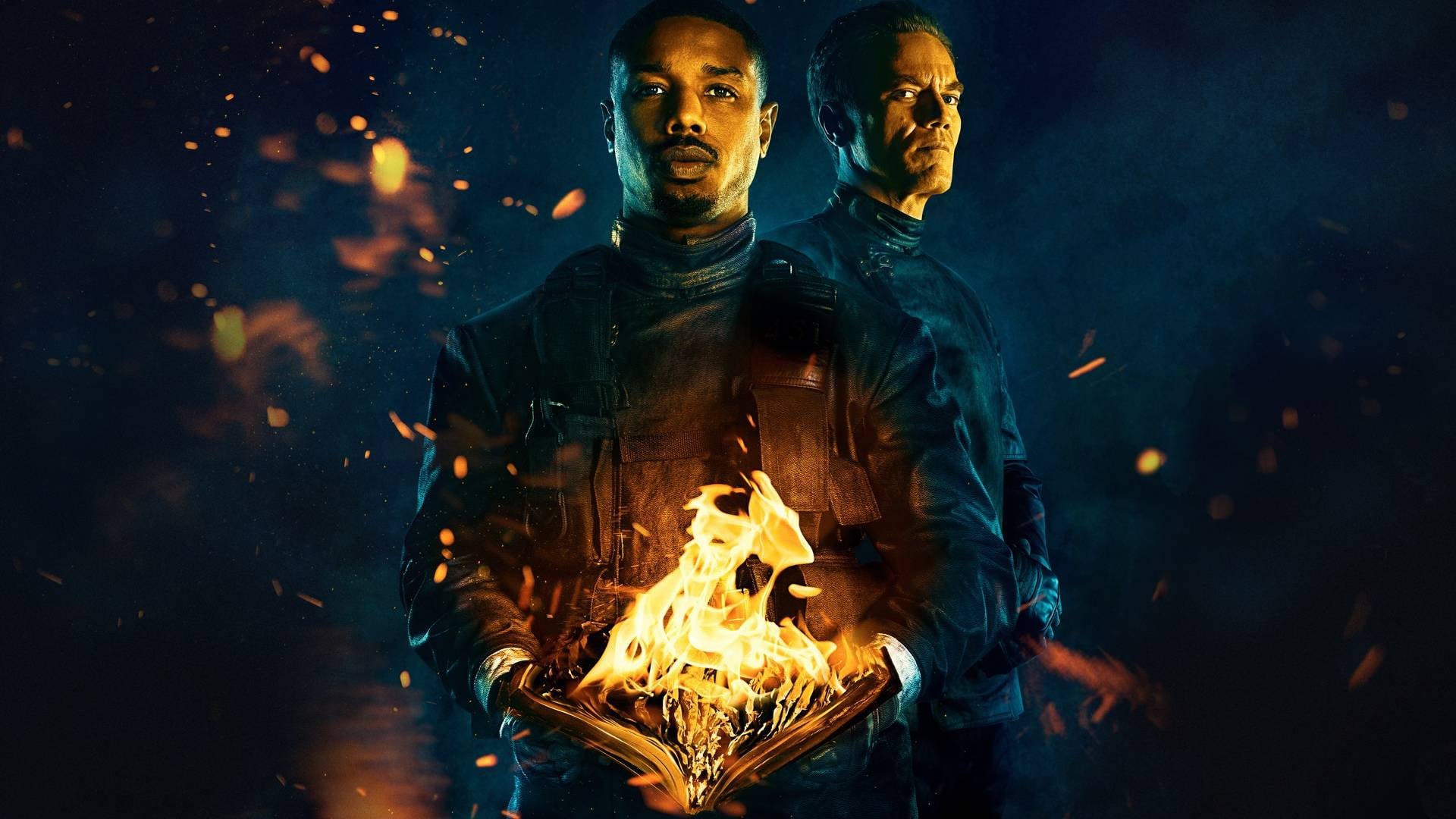
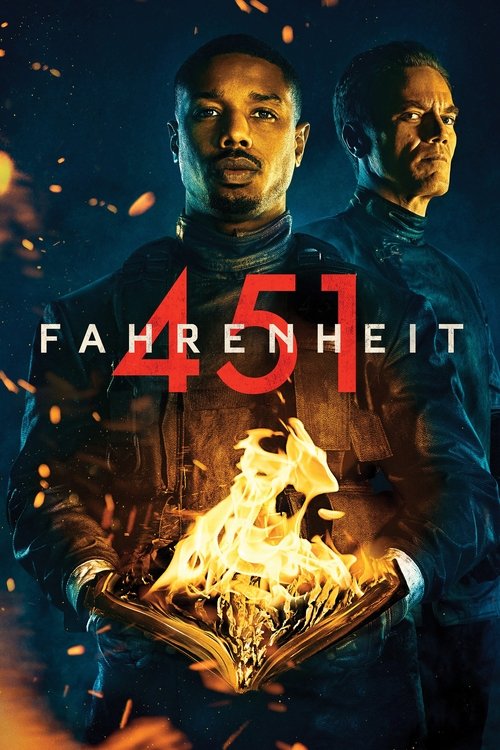
5.4
Summary
In an oppressive future, a 'fireman' whose duty is to destroy all books begins to question his task.
Cast
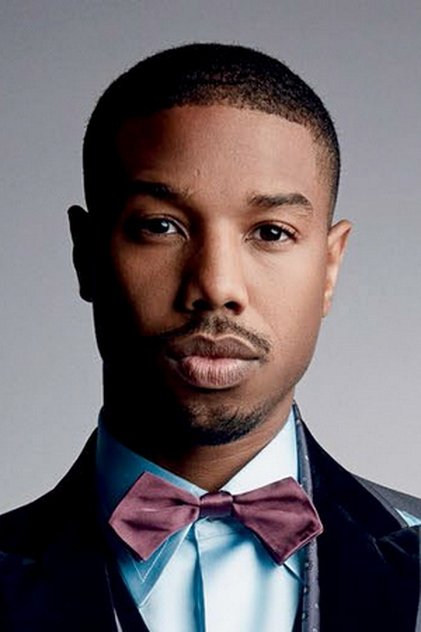
Michael B. Jordan
Guy Montag
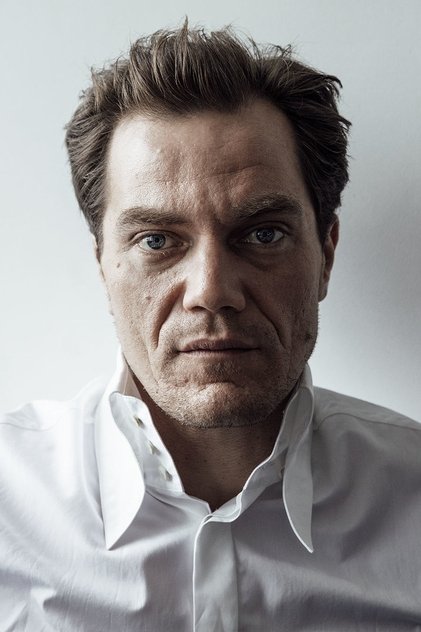
Michael Shannon
Captain Beatty

Sofia Boutella
Clarisse McClellan
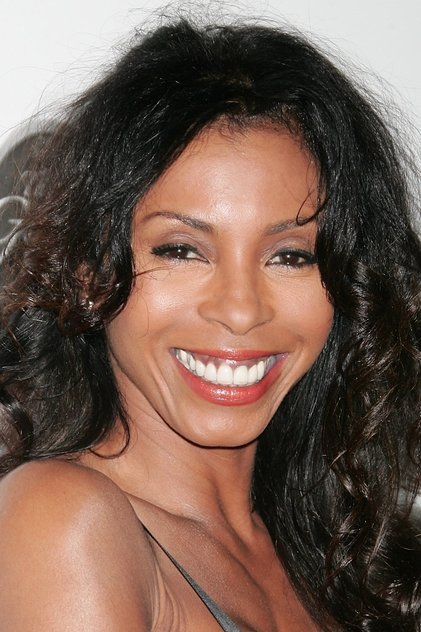
Khandi Alexander
Toni Morrison

Lilly Singh
Raven
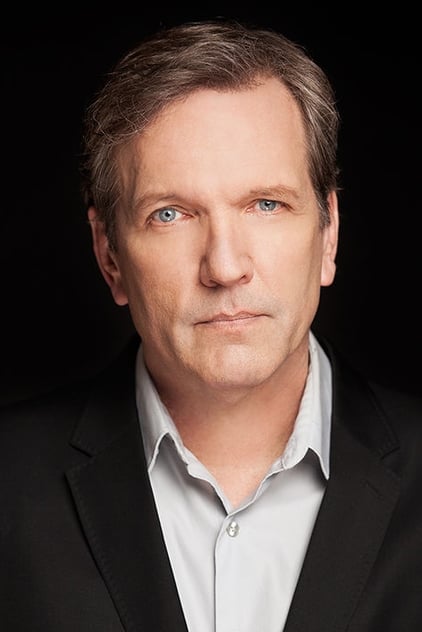
Martin Donovan
Commissioner Nyari
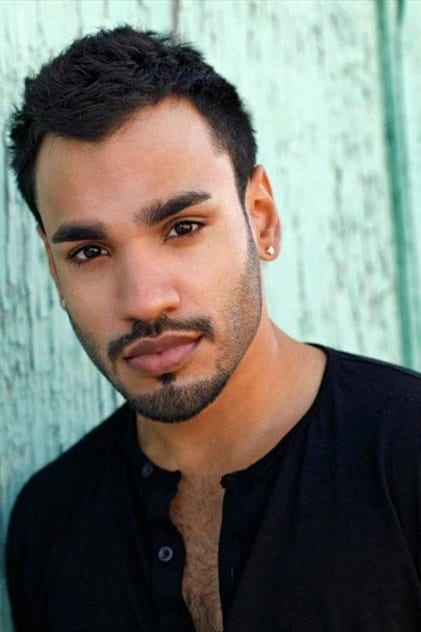
Andy McQueen
Gustavo

Dylan Taylor
Fireman Douglas
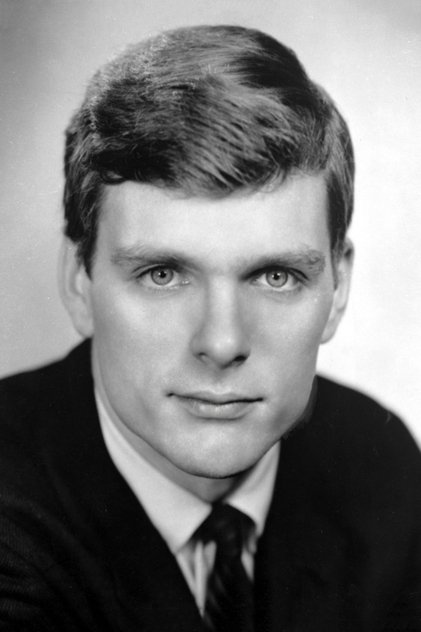
Keir Dullea
Historian

Grace Lynn Kung
Chairman Mao
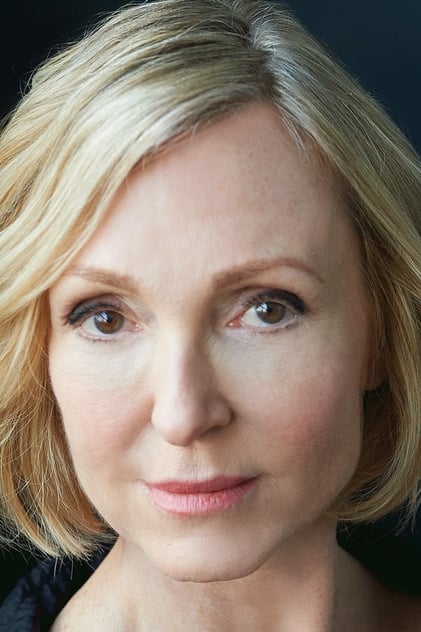
Jane Moffat
Sam Shepard
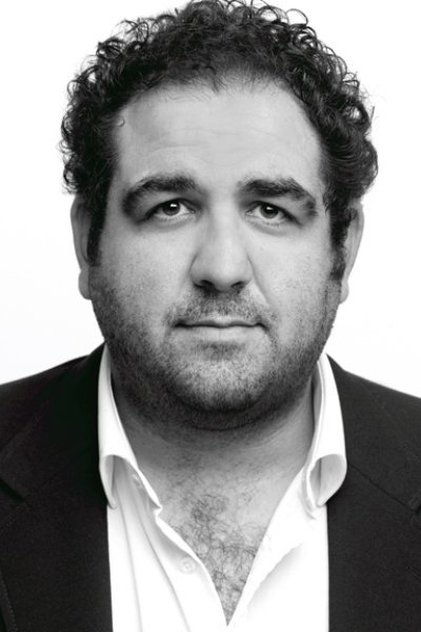
Joe Pingue
Wayne Anderson
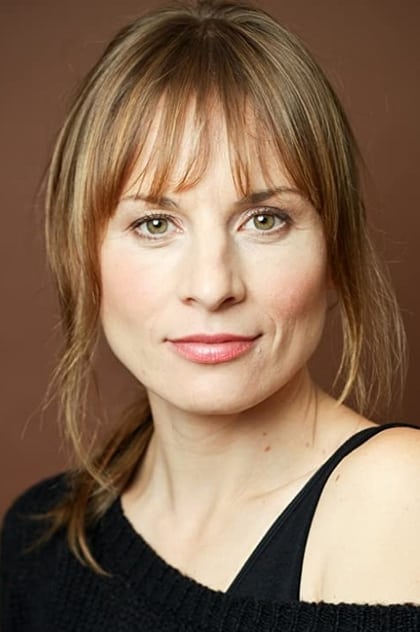
Joanne Boland
Clarisse's Neighbor
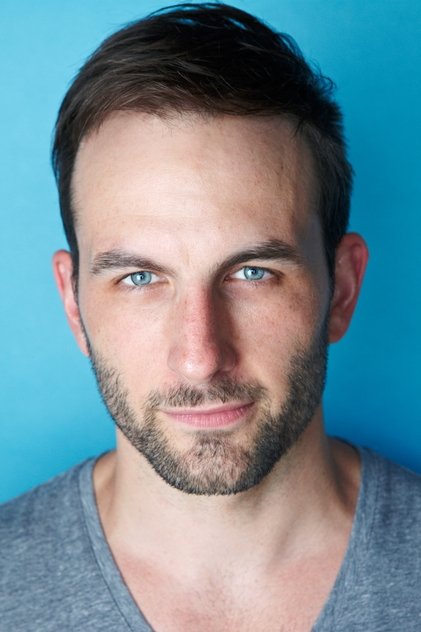
Drew Nelson
Bartender
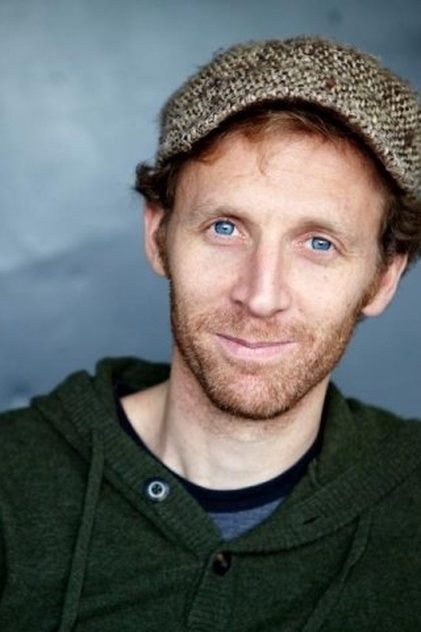
David Tompa
Angry Eel
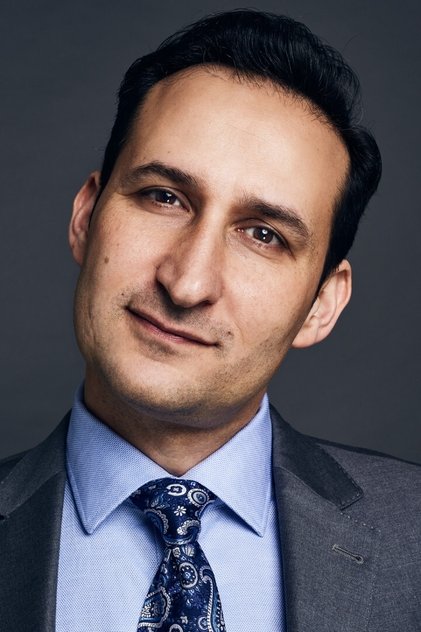
Raoul Bhaneja
Bobby Gosh
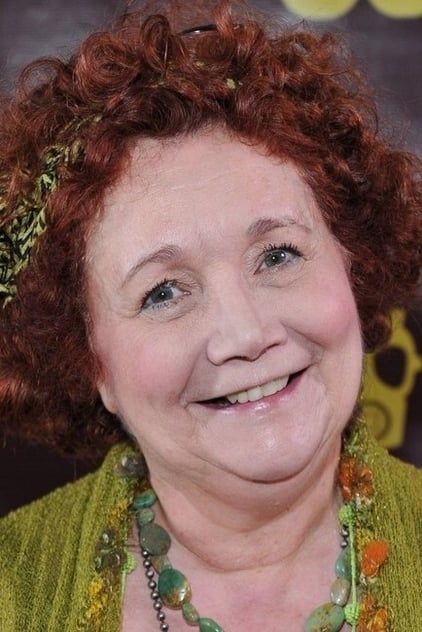
Lynne Griffin
Old Woman / Grapes of Wrath
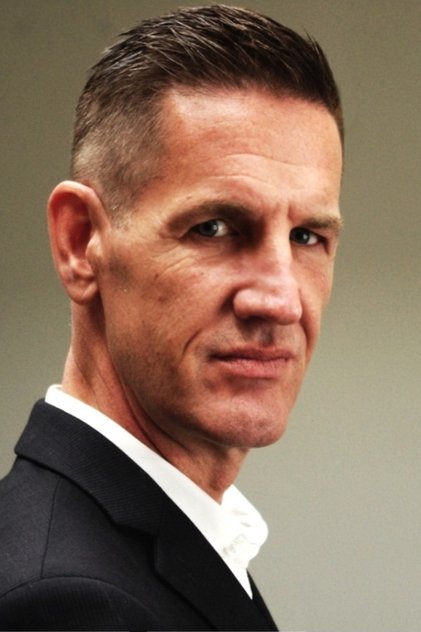
Tim Post
Protesting Eel
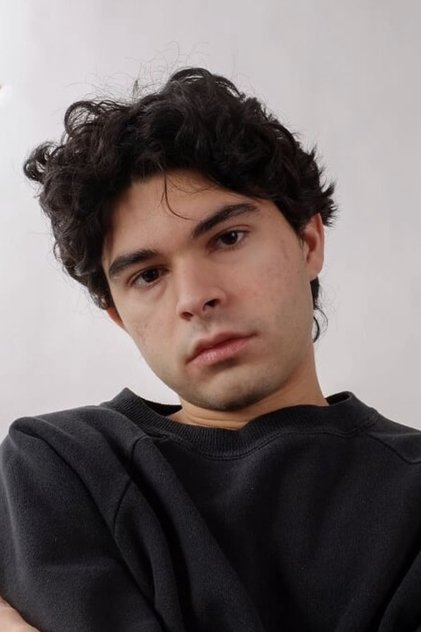
Daniel Zolghadri
Clifford
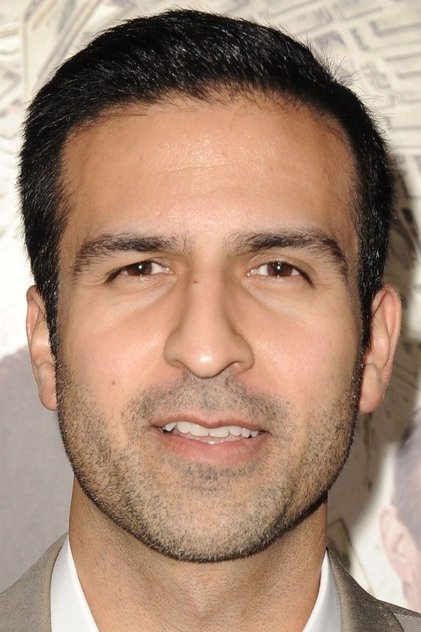
Saad Siddiqui
Fireman Stone
Daniel Alfredo Ojeda
Angry Eel (uncredited)
Michelle Roy
Eel
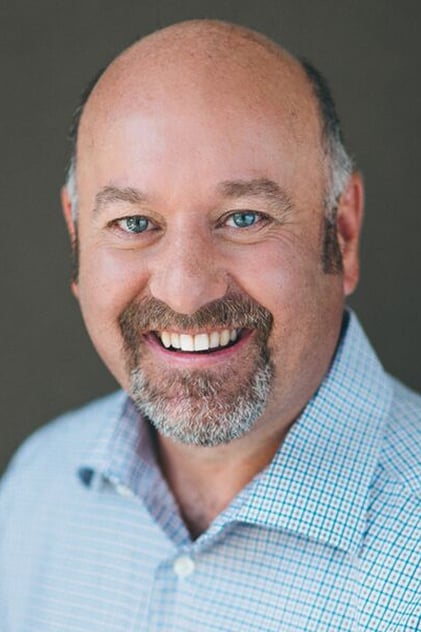
Chris Gleason
Baseball Fan
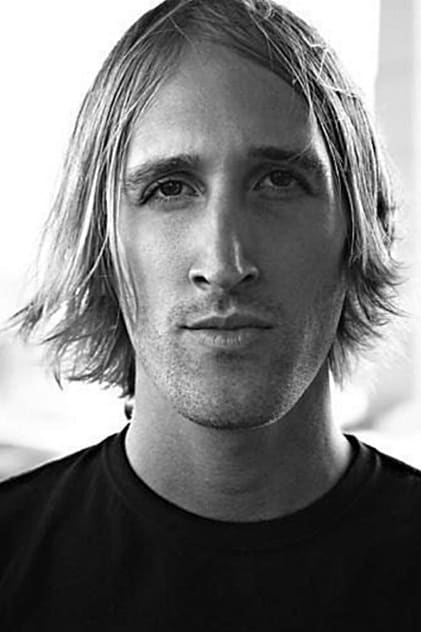
Joe Vercillo
Firefighter
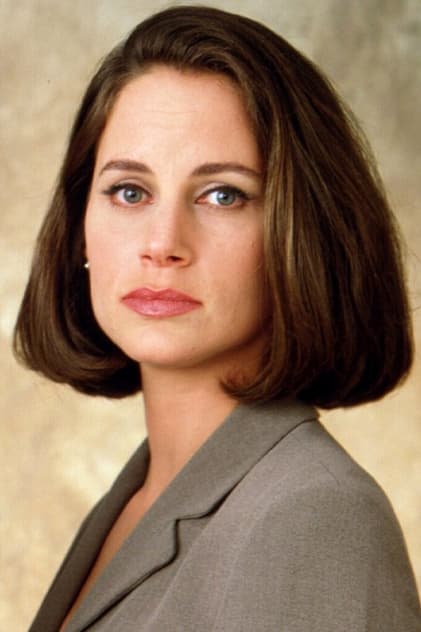
Cindy Katz
Yuxie (voice)

Mayko Nguyen
Newscaster
Katherine Cullen
Girl Eel
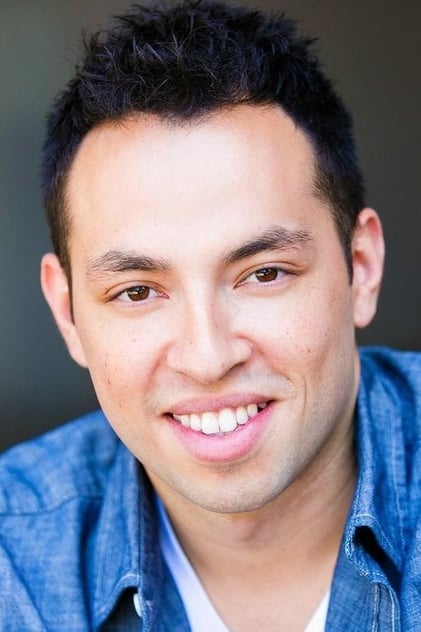
Edsson Morales
Guy Eel
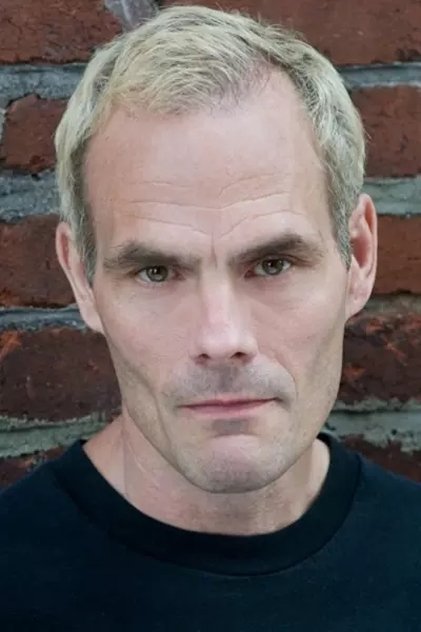
Chad Camilleri
Jeep Driver
Jordan Baker
Reciting Child #1
Nathanial Buzzanga-Silveira
Reciting Child #2
Charlotte Flint
Reciting Child #3
Luke Flint
Reciting Child #4
Aaron Davis
Young Montag
Warren Belle
Montag's Father
Malakai Fox
Neighbor #1
Marni Hogg
Neighbor #2

Alison Smiley
Neighbor #3
Laura Thorne
Neighbor #4
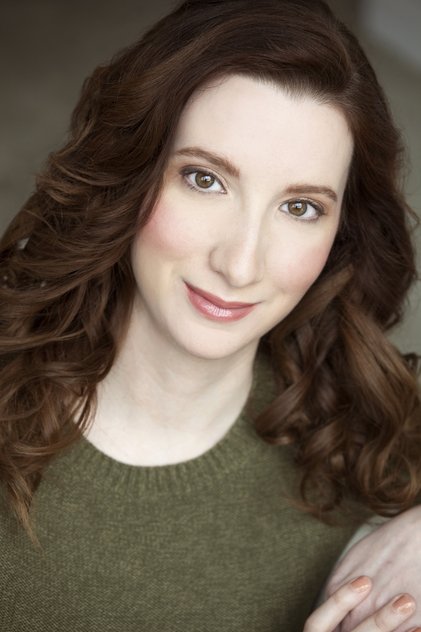
Marissa Kate Wilson
Neighbor #5
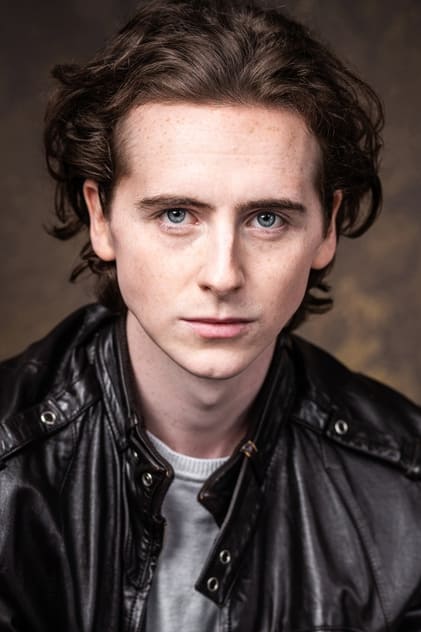
Daniel Gravelle
Teen in Clothing Store
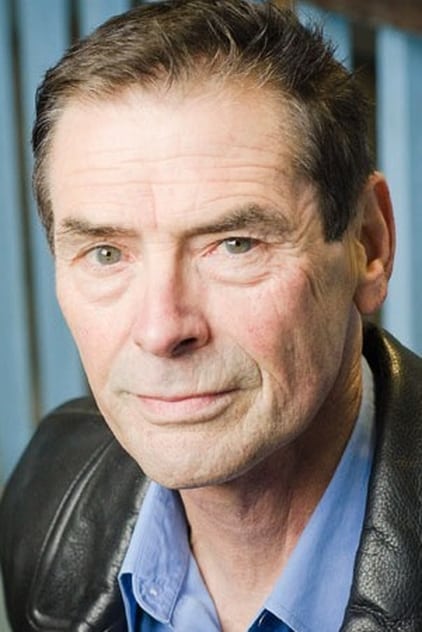
Andrew Gillies
Man in Shadows
Glenn Kelly
Fireman Freeman
Peter Schindelhauer
Singing Fireman #1
Jake Teel
Singing Firemen #2
Zachary Wiseman
Singing Fireman #3
Alexander Yarwood
Singing Fireman #4
Scott Edgecombe
Singing Fireman #5
Brett Kingswell
Singing Fireman #6
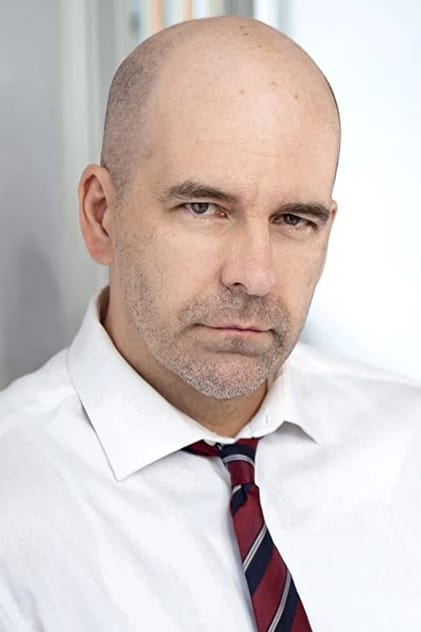
Duane Murray
Singing Fireman #7
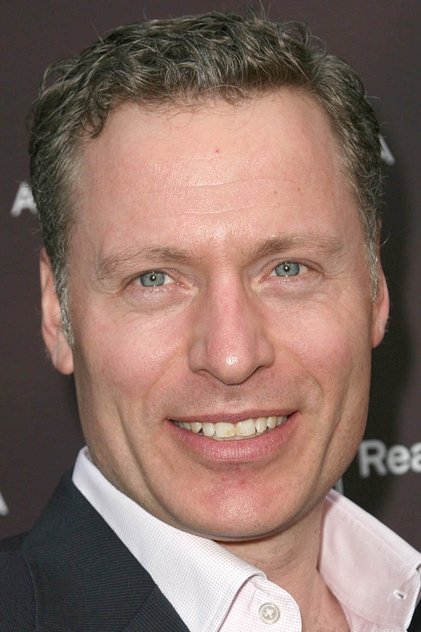
Ted Whittall
Major Ron Curtis
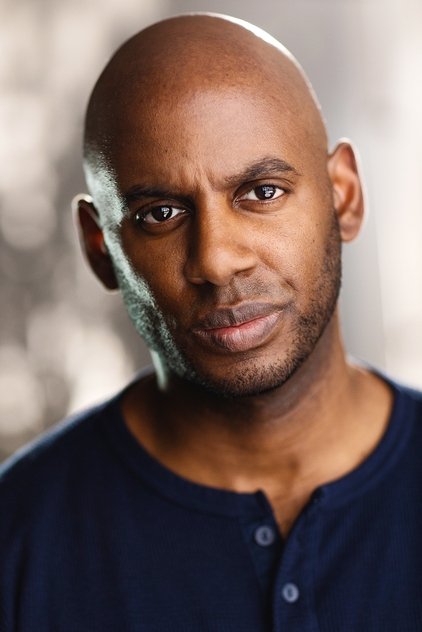
Alex Spencer
Store Owner
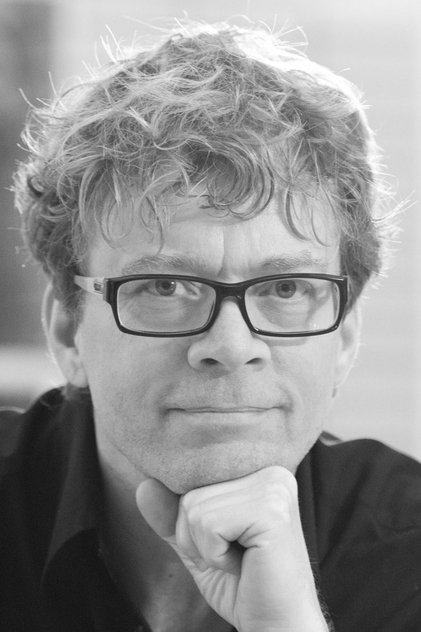
Ted Dykstra
Van Gogh
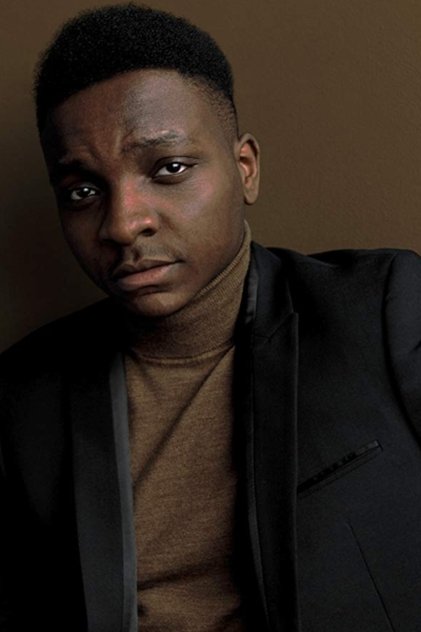
Sean Jones
James Baldwin
Keliyah Ogiamien
Chimamanda Ngozi Adichie
Crew
Director, Screenplay
Ramin Bahrani
Novel
Ray Bradbury
Screenplay
Amir Naderi
Script Consultant
Bahareh Azimi
Script Consultant
Derek Anderson
Reviews
Bertaut
April 16, 2019
5
**_An extraordinarily lazy adaptation_**
> _With school turning out more runners, jumpers, racers, tinkerers, grabbers, snatchers, fliers, and swimmers instead of examiners, critics, knowers, and imaginative creators, the word 'intellectual,' of course, became the swear word it deserved to be. You always dread the unfamiliar. Surely you remember the boy in your own school class who was exceptionally 'bright,' did most of the reciting and answering while the others sat like so many leaden idols, hating him. And wasn't it this bright boy you selected and tortured after hours? Of course it was__. We must all be alike. Not everyone born free and equal, as the Constitution says, but everyone made equal. Each man the image of every other; then all are happy, for there are no mountains to make them cower, to judge themselves again. So! A book is a loaded gun in the house next door. Burn it. Take the shot from the weapon. Breach man's mind. Who knows who might be the target of the well-read man?_
- Ray Bradbury; _Fahrenheit 451_ (1954)
I don't do remakes. They're a cancer of the industry. Where I am more flexible, however, is in adaptations of novels that have already been adapted. After all, my all-time favourite film falls into this category (Terrence Malick's _The Thin Red Line_ (1998) was the second adaptation of James Jones's novel). _Fahrenheit 451_ is also a second adaptation; in this case, of Ray Bradbury's 1953 novel, and, for all intents and purposes, it's a misfire. Bradbury himself has said the novel is not about censorship, as is often assumed, but was written in response to the Second Red Scare and the rise of McCarthyism. More specifically, it's a treatise on the dangers of an illiterate society unquestionably accepting the word of a monopolising centralised mass media.
Adapted for the screen and directed by Ramin Bahrani (_99 Homes_), the film is set at an unspecified point in the future, after a second civil war has been fought. All aspects of society are rigidly controlled by the Ministey, an authoritarian government that believes unhappiness, mental illness, and difference of opinion come from unregulated reading. As such, all books have been banned, although simplified and edited Ministry-approved editions of texts such as the Bible, Herman Melville's _Moby Dick, or, the Whale_ (1851) and Virginia Woolf's _To the Lighthouse_ (1927) are available on the internet (known as "the 9"). Special units of "firemen" are tasked with locating and burning any remaining books, and estimates suggest that within 20-30 years, books will have become completely extinct. The film follows two such firemen; Cpt. John Beatty (Michael Shannon), the veteran and somewhat disillusioned mentor of Guy Montag (Michael B. Jordan), an idealistic rookie who believes unquestioningly in the firemen's work. That is until he meets Clarisse McClellan (Sofia Boutella), who educates him as to the real history of the US, the rise of the Ministry, and why they want literature destroyed.
Now, you'd think that in this age of Trump's fake news and people using Facebook as a news source, something with this subject matter would speak volumes to a contemporary audience. And you'd be right. Unfortunately, this film isn't about sheeple and mass media. Apparently unaware of Bradbury's statements, the filmmakers have focused almost exclusively on censorship. But it falls down in other areas as well. Mildred Montag is absent, hence the theme of addiction to television broadcasting which tells people how and what to think. Additionally, the infrequent and scattered allusions to the importance of literary texts serve to undermine the absolutely essential nature of what the rebels are doing by memorising whole texts. This should be the film's absolutely central statement, but instead, it comes across as a bunch of weirdos being quirky. Jordan plays Montag as a bombastic loudmouth TV personality. Shannon is, well, Shannon. Don't get me wrong, I love the guy. He's an actor of immense talent. But here, he's playing an identical character to the one he played in Guillermo del Toro's _The Shape of Water_ (2017). It's an extraordinarily lazy performance. In fact, everything about the film is lazy. Bahrani's direction is flat and uninspired; the whole thing looks like _Blade Runner_-lite. It's all very conventional and safe, which neither the novel nor François Truffaut's 1966 adaptation was. And this conventionality and safety grind against the inherently rebellious subject matter, rendering it less urgent, and hence, less potent.
Media
Recommendations
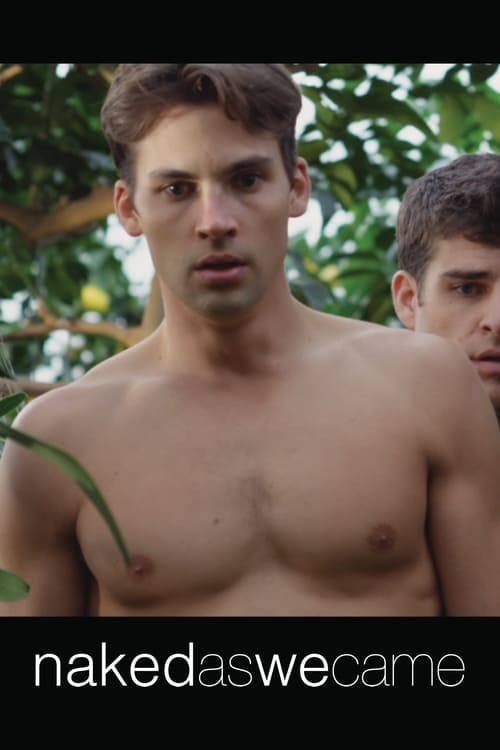
Naked as We Came
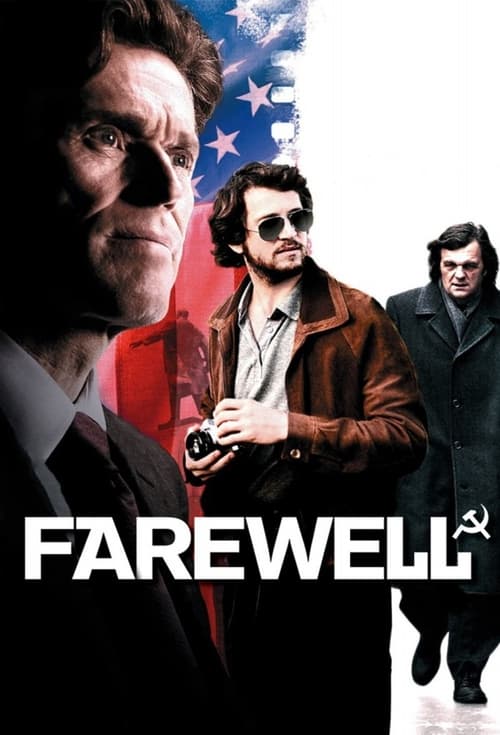
Farewell
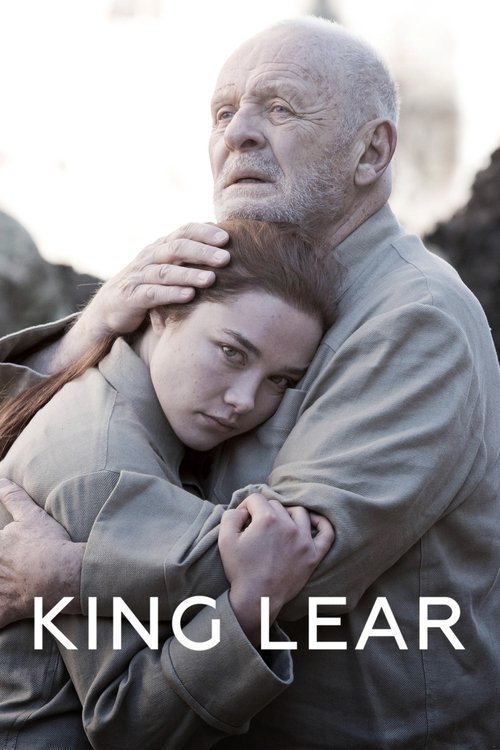
King Lear
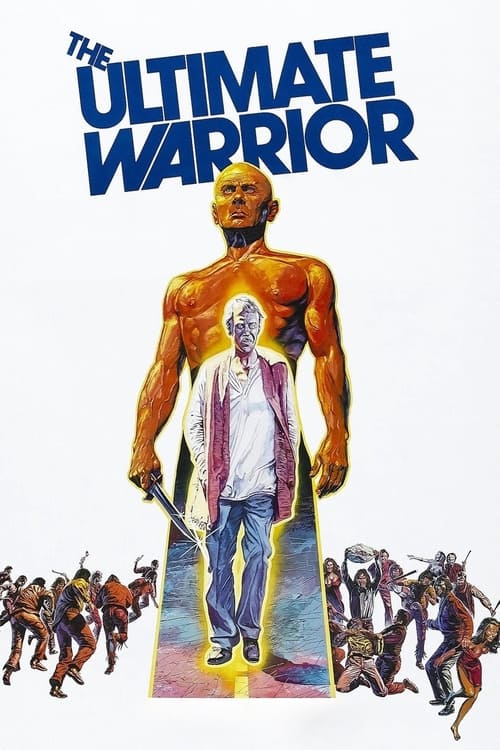
The Ultimate Warrior
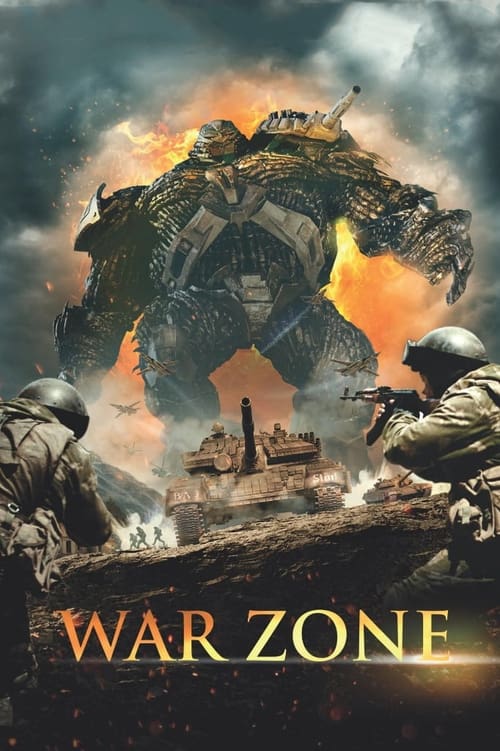
August. Eighth

The Two Deaths of Quincas Wateryell

The Making of 'Fahrenheit 451'
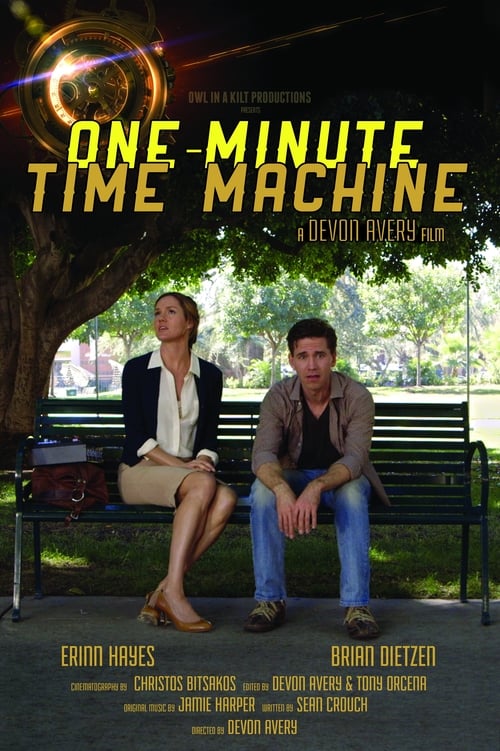
One Minute Time Machine

Breaker Morant

Greed
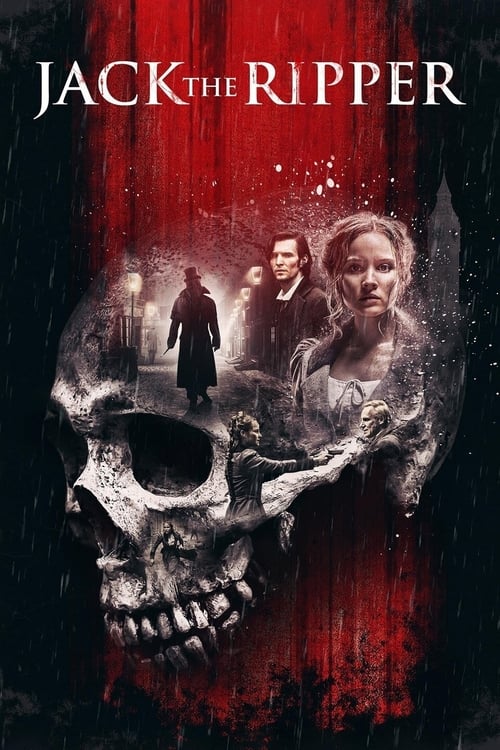
Jack the Ripper: The London Slasher

Gemini
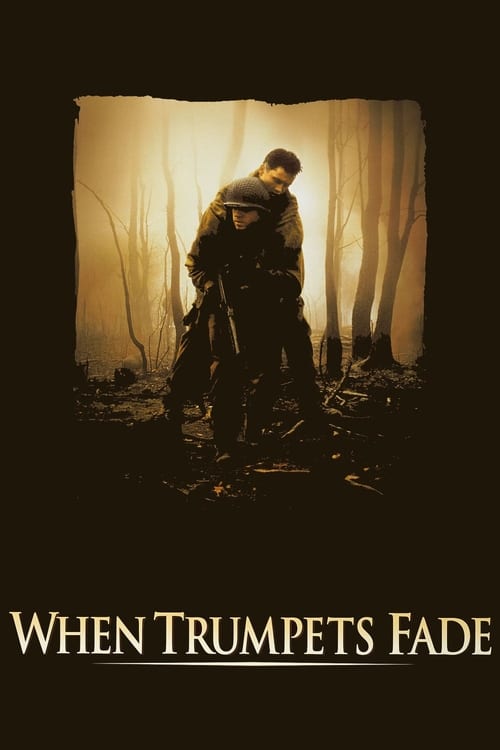
When Trumpets Fade
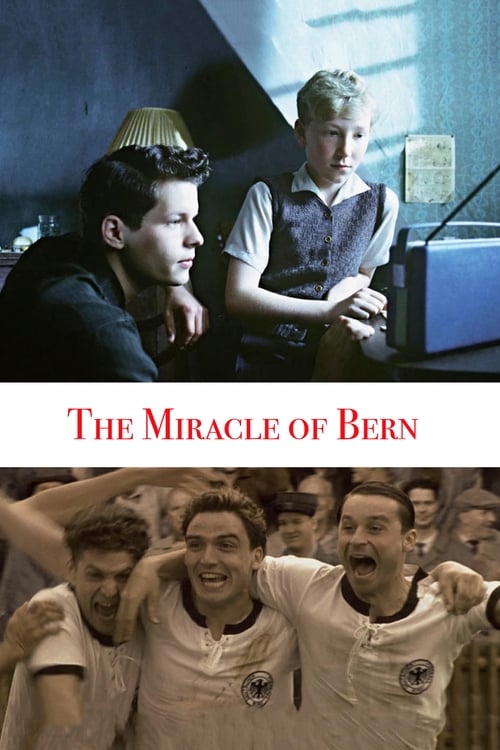
The Miracle of Bern
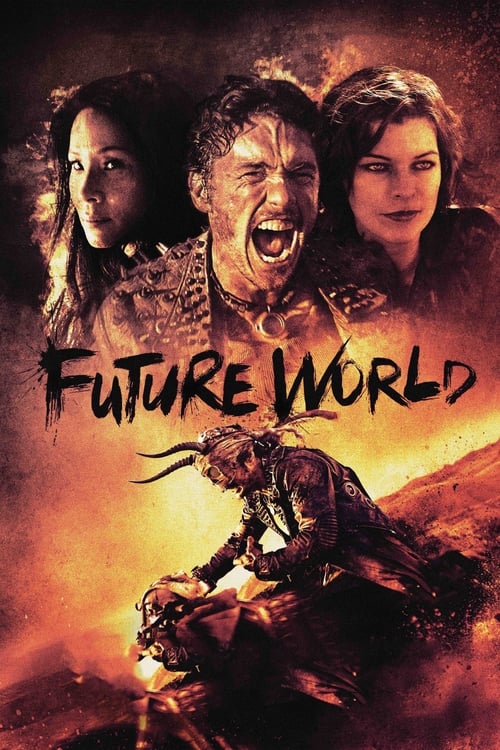
Future World
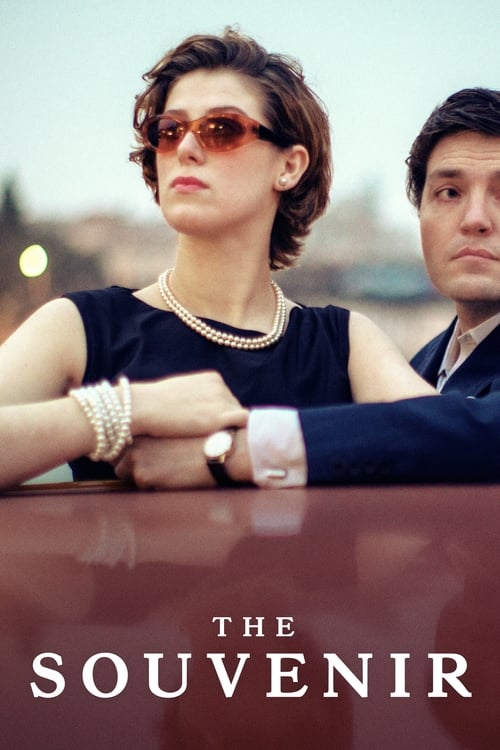
The Souvenir
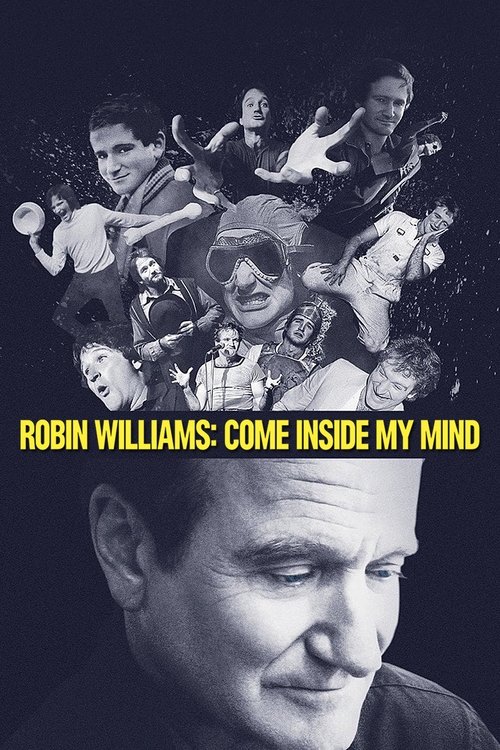
Robin Williams: Come Inside My Mind
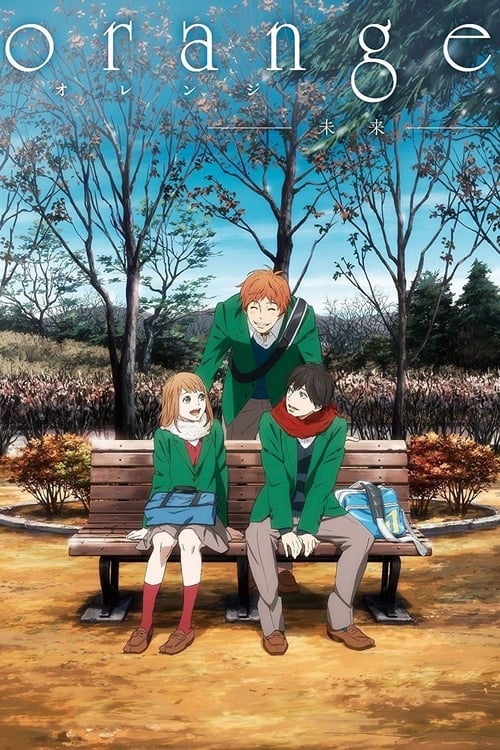
Orange: Future
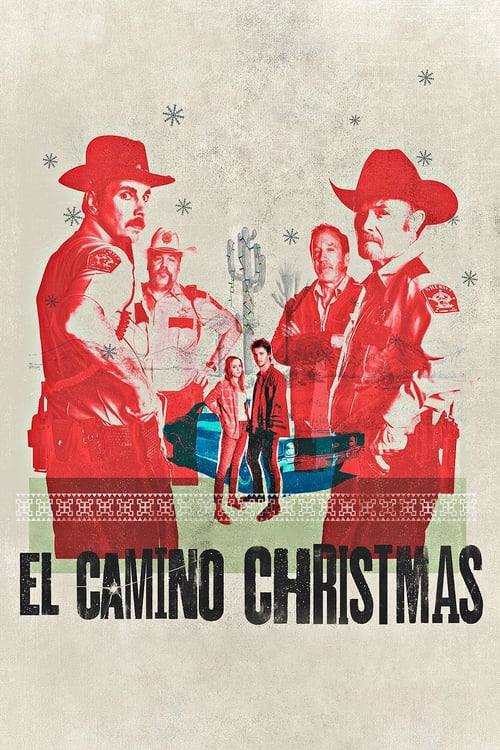
El Camino Christmas
